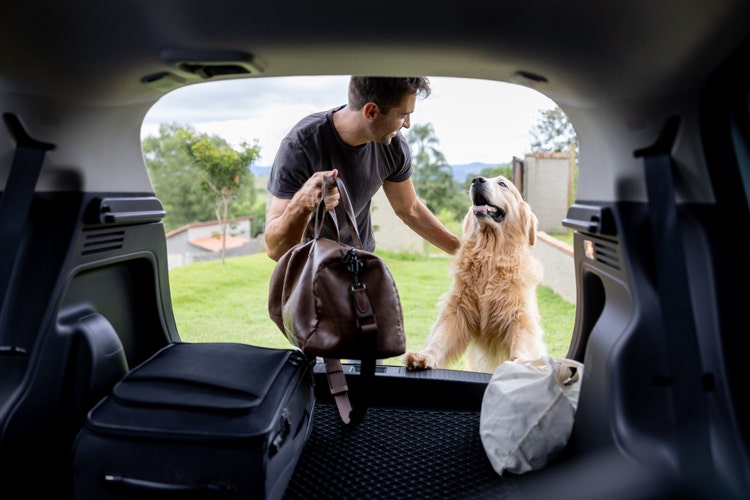DON’T LET YOUR PET BE A DIGITAL STRAY
Millions of pets in the U.S. are Digital Strays – chipped, but untraceable. Without a registered microchip, you can’t be reunited if your pet goes missing. Don’t let it happen with these steps:
Make sure your pet is microchipped.
Ask about microchip services during adoption or at your first vet visit. If you need to check for a chip or don’t remember your microchip number, you can go to your vet for a scan.
Register your microchip.
Registering attaches your contact information to your pet’s chip. Register here. Without this step, nobody will be able to contact you if your pet gets lost.
Regularly update your information.
If you move, get a new phone number, or change your name, make sure to update your pet’s chip information.

WHY MICROCHIP REGISTRATION MATTERS
Only 45% of U.S. pets are microchipped, and 40% of those aren’t registered.1 That leaves more than 29 million pets without a way home if they ever get lost.
FROM LOST TO FOUND: HARLEY’S HAPPY HOMECOMING
Kelsea H. had a registered microchip when her dog Harley escaped from the family’s fenced-in backyard:
“30 minutes into searching I got a text, a phone call, and an email from 24Petwatch by PetPlace that Harley had been found. I registered her microchip 7 years ago and it still had our old address and my maiden name on it, but it came to me within minutes of them scanning her microchip. We couldn’t be more thankful for 24Petwatch by PetPlace for giving us the pet protection that brought our girl back home so quickly!”
24Petwatch by PetPlace has reunited over 761,000 lost pets with their owners. Register for free today to link your contact information to your pet’s chip. Digital Stray no more!


MORE PET PROTECTION TIPS
Whether you’re protecting your pet from everyday dangers or preparing for an emergency, these tips can help you keep your pet safe.
- Keep a current picture of your pet on hand.
- Pack an emergency kit with first aid supplies, medications, and pet food.
- Work with your vet to get your pet on parasite prevention.
- Keep pets cool during extreme temperatures to avoid heat stroke.
- Watch out for poisonous plants, flowers, and pesticides.
- Use pet-safe carriers or restraints when traveling with your pets.

